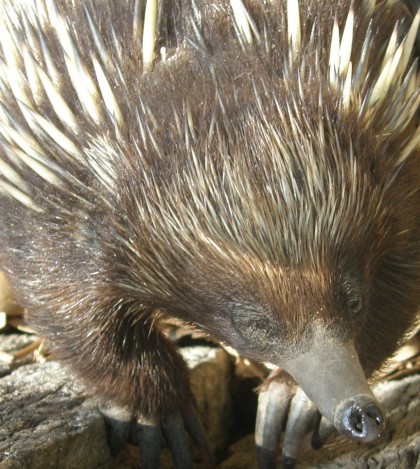Geotourism encompasses the underlying geological structure and processes of a region and how this affects the vegetation, wildlife and human culture (old and new).
A Geofest this year includes two workshops in Indonesia and one in Sydney, Australia
5th Geotourism Festival & International Conference An Australian – Indonesian collaborative project “Volcano as a World Class Sustainable Geotourism Destination“
Associated with this event, Wildlife Tourism Australia is running a workshop on wildlife in geotourism on July 20.
For details of the full 3 days plus events in Indonesia visit the Geofest website:
The Sydney component of GEOFEST 2024 will be 18th and 19th July 2024 at the University of Sydney
Associated with this event, Wildlife Tourism Australia is running a workshop on wildlife in geotourism on July 20 Jul.
Visit https://geofest.com.au/wildlife-tourism/ for further details
From the Geofest website

Wildlife Tourism in Australia and Indonesia and its relationship to Geotourism
Led by Dr Ronda Green, President of Wildlife Tourism Australia with specialised knowledge of wildlife in the Asia Pacific region.
Indonesia and Australia are both amongst the world’s highest-ranking countries in terms of biodiversity and endemism. The two countries mostly harbour quite different fauna and flora, but also share quite a few taxonomic groups such as fruit bats, marsupials, monotremes, cassowaries, megapodes, bowerbirds, birds of paradise, cuckoos, crocodiles, and monitor lizards.
The workshop will discuss these shared groups and some of the endemic creatures of both countries.
Some of the species will also be considered in relation to their dependence on kinds of soils or landscapes, and in some cases their own influence on soils.
Finally, the workshop discusses some ideas on incorporating wildlife interpretation into geotourism displays and activities.
Coffee and tea and lunch provided
4.00 pm concludes
COST: $50 (students $20)
Visit https://geofest.com.au/wildlife-tourism/ for further details
You may like to join in all three days of the geotourism and wildlife tourism. Visit the Geofest website
